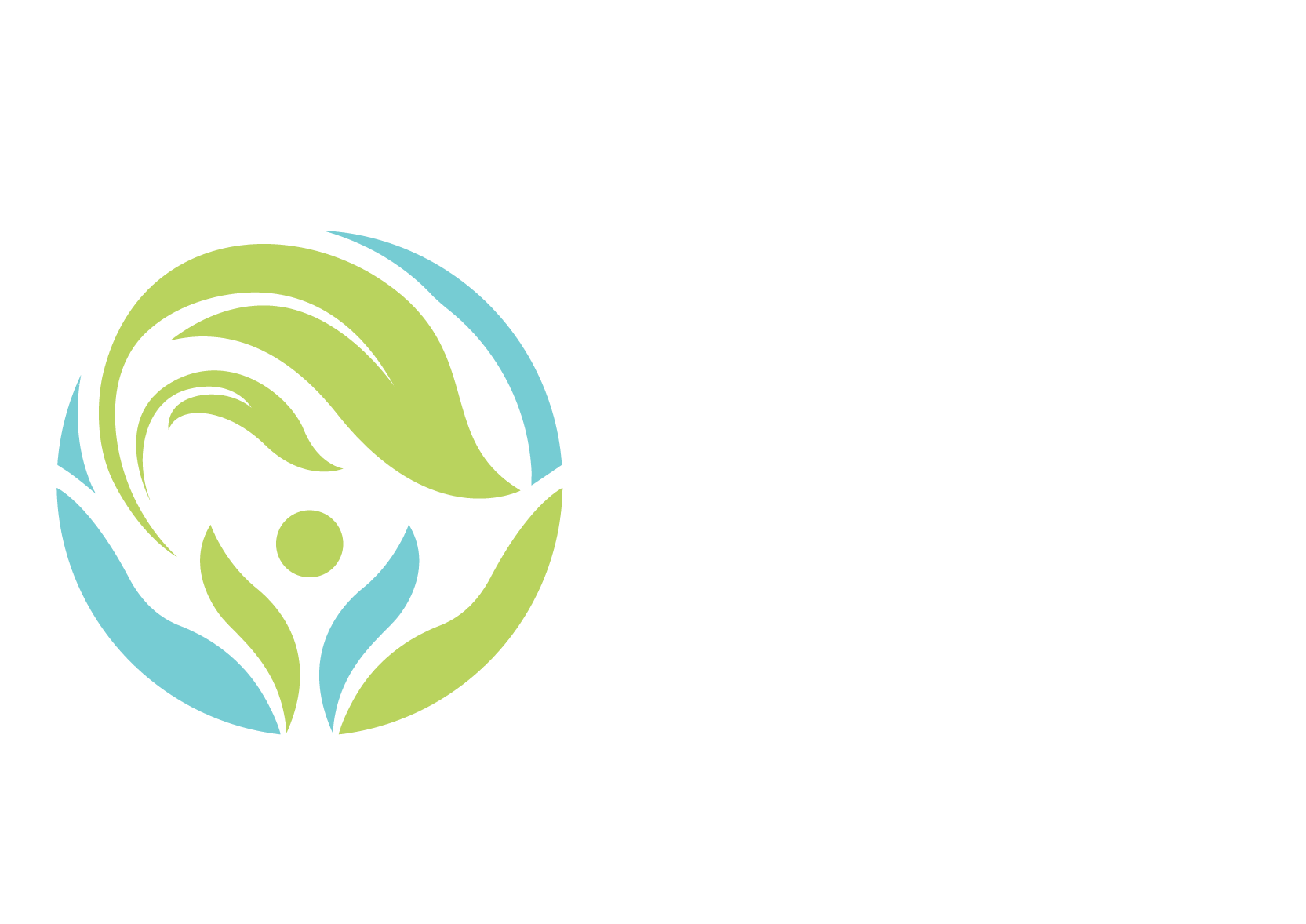Legal Aid
A Women Development Organization (WDO) providing legal aid plays a crucial role in promoting the rights and well-being of women. Legal aid services aim to ensure that women, especially those facing socio-economic challenges, have access to justice and legal representation. Here are key components of a Women Development Organization that offers legal aid:
Legal Counseling and Advice:
- Providing free or affordable legal counseling to women who need assistance with understanding their rights and legal options.
Legal Awareness Programs:
- Conducting workshops, seminars, and outreach programs to educate women about their legal rights and available support services.
Legal Representation:
- Offering legal representation to women who cannot afford private lawyers, especially in cases related to domestic violence, divorce, child custody, and other family law matters.
Documentation Assistance:
- Assisting women in preparing and filing legal documents, such as applications for protection orders, divorce petitions, and child custody arrangements.
Collaboration with Legal Professionals:
- Collaborating with lawyers, legal professionals, and law firms to provide pro bono or reduced-fee services to women in need.
Empowerment Programs:
- Implementing empowerment programs that focus on building women’s legal literacy and advocacy skills, enabling them to navigate the legal system more effectively.
Child and Family Law Support:
- Providing legal aid in matters related to child protection, adoption, and family law to ensure the best interests of the child are upheld.
Victim Support Services:
- Offering comprehensive support services to women who are victims of violence, including legal, psychological, and social support.
Policy Advocacy:
- Engaging in advocacy efforts to influence policies and legislation that impact women’s rights, with a focus on issues such as gender-based violence, discrimination, and family law.
Network Building:
- Establishing partnerships and networks with other organizations, legal aid providers, and government agencies to strengthen the collective impact on women’s legal rights.
Training and Capacity Building:
- Conducting training programs for legal professionals, paralegals, and community leaders to enhance their capacity to address women’s legal needs.
Community Outreach:
- Conducting outreach activities in communities to identify legal challenges faced by women and providing information about available legal aid services.
Monitoring and Evaluation:
- Implementing systems to monitor the effectiveness of legal aid services and continuously evaluating and improving programs based on feedback and outcomes.
Research and Documentation:
- Conducting research on legal issues affecting women and documenting case studies to raise awareness and advocate for systemic changes.
A Women Development Organization with a legal aid focus contributes significantly to creating a more just and equitable society by addressing legal barriers that women may face in various aspects of their lives.
